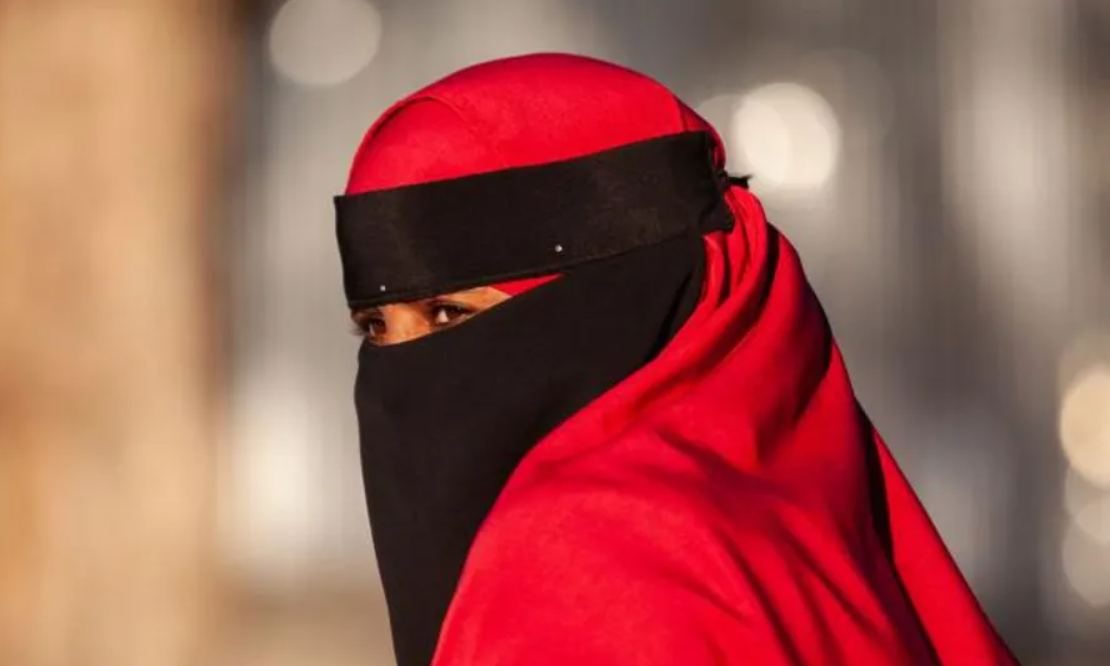Security personnel have recently ramped up their efforts to seize Islamic face coverings from women residing in the southern Somali city of Kismayo. These operations are part of a larger effort to combat the usage of niqabs, a type of veil that conceals the face except for the eyes, according to Warsame Ahmed Gelle, the city’s police chief. Fears that extremists may use these veils to hide their identity and carry out attacks are driving the campaign.
The continued instability in Somalia, especially in areas held by the al-Shabab extremist group, which is connected with al-Qaeda, is the backdrop to the increased security measures implemented by Kismayo. This terrorist group has been fighting a bloody insurgency in Somalia against the government that the United Nations has supported for almost twenty years. A tragic assault on a famous beachside in Mogadishu, the capital, on Friday, which left at least 37 people dead and many more injured, highlights the persistent security issues. According to al-Shabab, who took credit for the attack, the real toll is far higher than what the government has reported.
Last Wednesday, police in Kismayo started a new operation that entails randomly stopping women to verify if they are wearing niqabs. Women who are discovered wearing these headscarves are being coerced into removing them or risk penalties such as fines or incarceration. The principal rationale for the earlier, less stringent restriction that was instituted in 2013 was security concerns; this new initiative follows that one. Authorities in the state of Jubaland are only able to enforce this prohibition in Kismayo and the adjacent areas because al-Shabab controls most of southern Somalia.
Though worn by 99 percent of Somalia’s population, the niqab is a sign of modesty in Islam. Its popularity has grown in recent years. The hijab, which covers the hair but exposes the face, is still a popular choice among Somali women. The present enforcement efforts are a reflection of the persistent tensions and security concerns in the region. The possibility of reprisal attacks has been heightened by recent military actions against al-Shabab in Jubaland.
Security forces in Somalia continue to face a difficult and ever-changing scenario as they navigate the insurgency and cultural norms.













